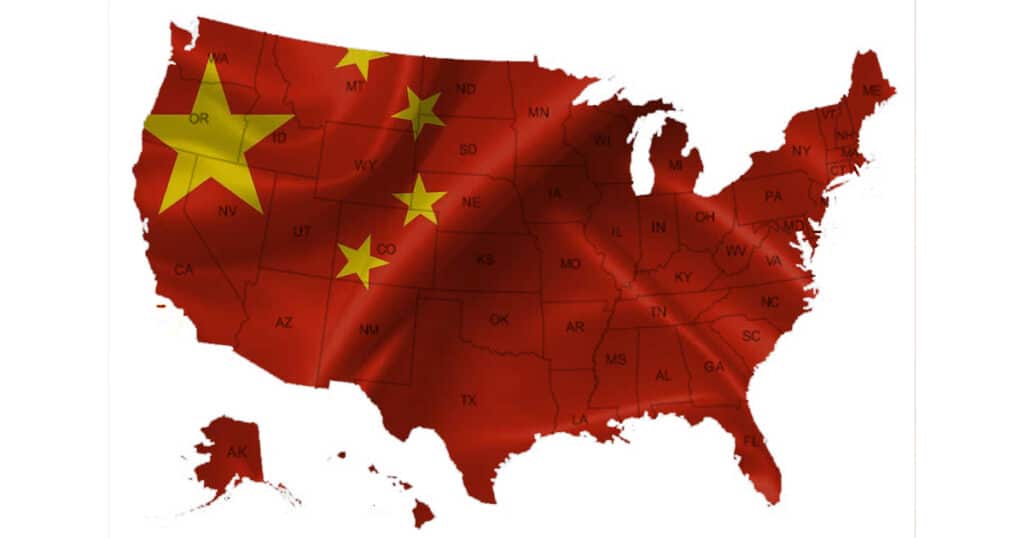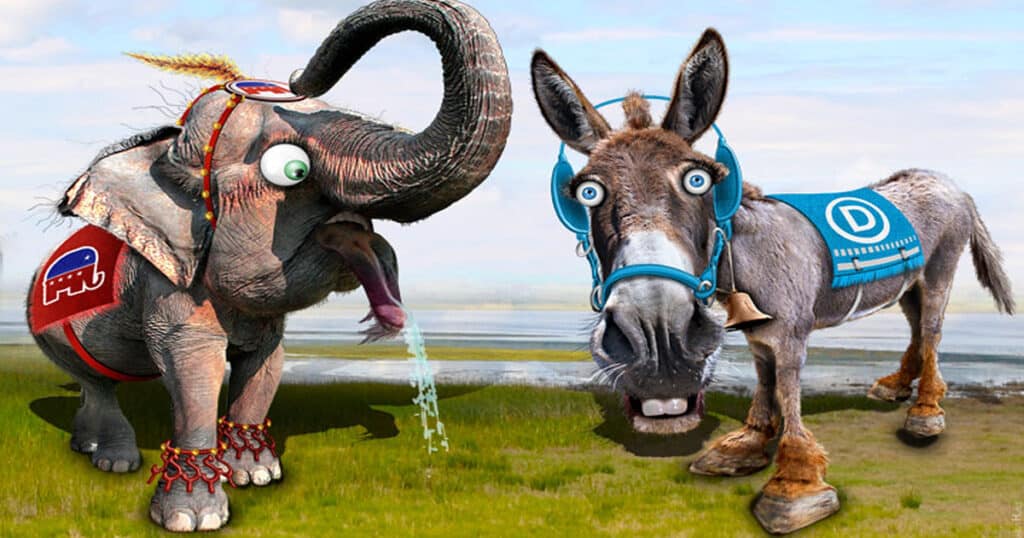
Bans on Foreign Funding for Ballot Measures Gain Momentum in Congress, States
Opponents of foreign funding of U.S. ballot measures expect momentum at both the federal level and in states.
In May, the House Administration Committee advanced a bill to amend federal election law to prevent foreign nationals from contributing to ballot initiatives by closing a loophole, since federal law and most state laws prohibit foreign contributions to candidates. The bill, with bipartisan support, is headed to the House floor for a vote.
Earlier this month, Ohio Gov. Mike DeWine, a Republican, signed the first bill in the nation barring foreign nationals from making direct and indirect contributions to ballot initiatives.
Most state legislatures have adjourned, but likely will support similar legislation when they reconvene in 2025, said Jason Snead, executive director of the Honest Elections Project.
“Next year, hopefully we get some more states passing bans [on such foreign funding],” Snead told The Daily Signal.
Ohio’s ban is significant because it prevents indirect contributions, such as giving to so-called pass-through nonprofits or “dark money” groups such as the Arabella Advisors-funded Sixteen Thirty Fund.
“What they did with Ohio, what we hope to replicate is a little bit different, more focused on the foreign nationals and more focused on the indirect conduits, like what we’ve seen with the Sixteen Thirty Fund, for funneling this money in,” Snead said.
Swiss billionaire Hansjorg Wyss donated more than $243 million to the Sixteen Thirty Fund, which in turn spent $97.6 million on state ballot initiatives in 25 states in the past decade. These included battleground states such as Michigan, Ohio, Colorado, and Nevada, according to an April report by Americans for Public Trust, a conservative-leaning watchdog group.
The Sixteen Thirty Fund dumped $14 million into a radical abortion amendment to the Ohio Constitution in 2023, which voters approved as a ballot initiative.
“That’s why the Ohio legislation was so important. They were the first ones in the nation to take not only an approach to ban direct funding [of] ballot issues, but also indirect funding as well,” Caitlin Sutherland, executive director of Americans for Public Trust, told The Daily Signal.
Sutherland noted that California, Maine, South Dakota, and Washington state have banned foreign governments or corporations from donating to state candidates or ballot initiatives. But these bans aren’t as comprehensive as what passed in Ohio.
The Federal Election Commission last year recommended that Congress close the loophole. The move came after the FEC, in charge of enforcing federal election law, dismissed a 2021 complaint that Australian mining company Sandfire Resources contributed over $280,000 to defeat a Montana ballot initiative that would have increased the power of state mining regulators.
The FEC determined this fell “outside the purview” of federal law because state ballot measures weren’t considered elections.
“The FEC rule said no, ballot issues are not elections. We only regulate elections,” Sutherland said. “They said if you don’t like it, you can do one of two things. One, you can say ballot issues are elections and therefore they would fall under the purview of the FEC. I don’t think anyone’s really interested in that approach. Or two, you can change the law. And that’s kind of what we’re seeing on the state and the federal level as well.”
As for the related proposals in Congress, the Honest Elections Project’s Snead said he is sensitive to concerns about letting the states run elections, but contends that Congress has a clear national security role.
“I personally don’t see a federalism issue there. We’re talking about whether or not foreign nationals are allowed to play a role in politics,” Snead said. “There’s a pretty compelling national security argument.”
“It’s not like Congress is stepping in and saying this is the process for qualifying for a ballot,” he added. “It’s not really writing election rules per se for the state. It’s simply saying that we are a federal government. We are in control of American foreign policy, and we believe that it’s important that foreign nationals not be allowed to interfere in these elections.”



